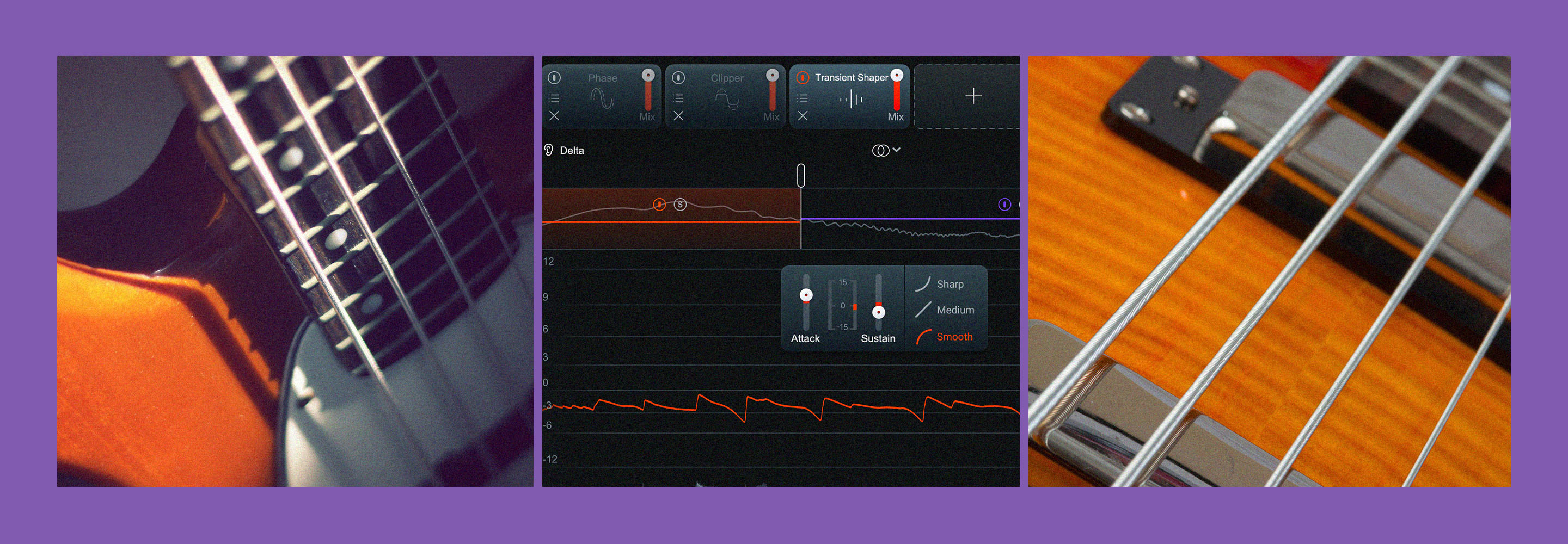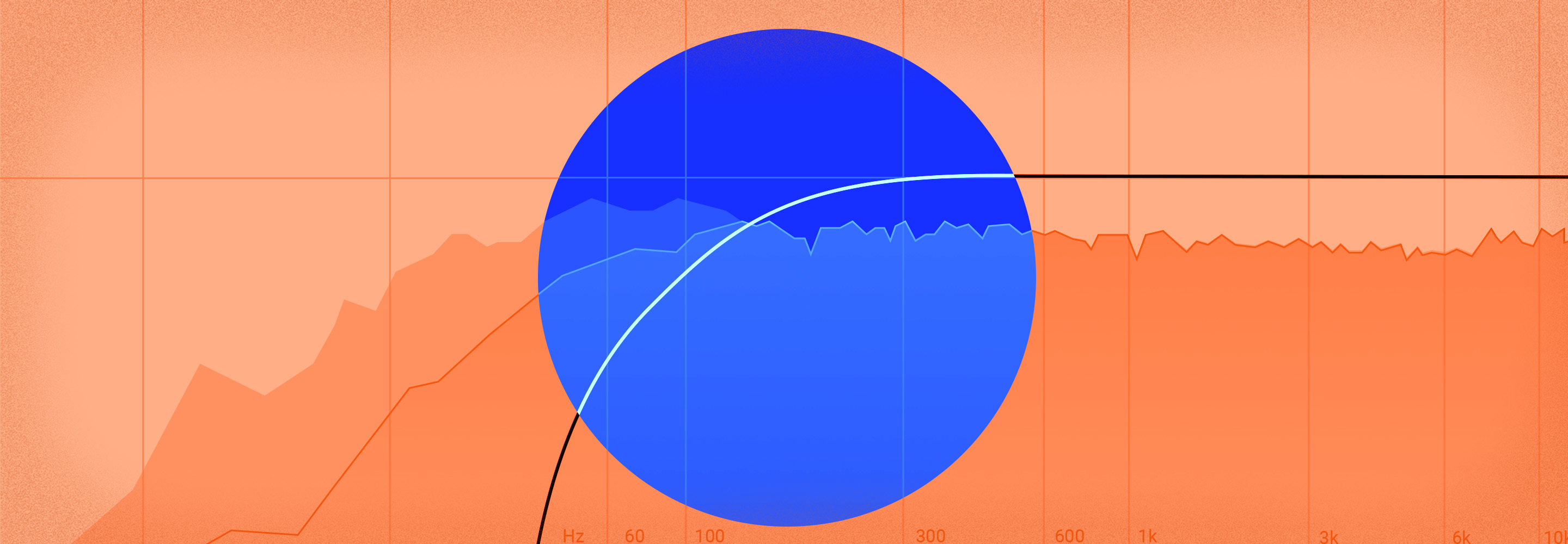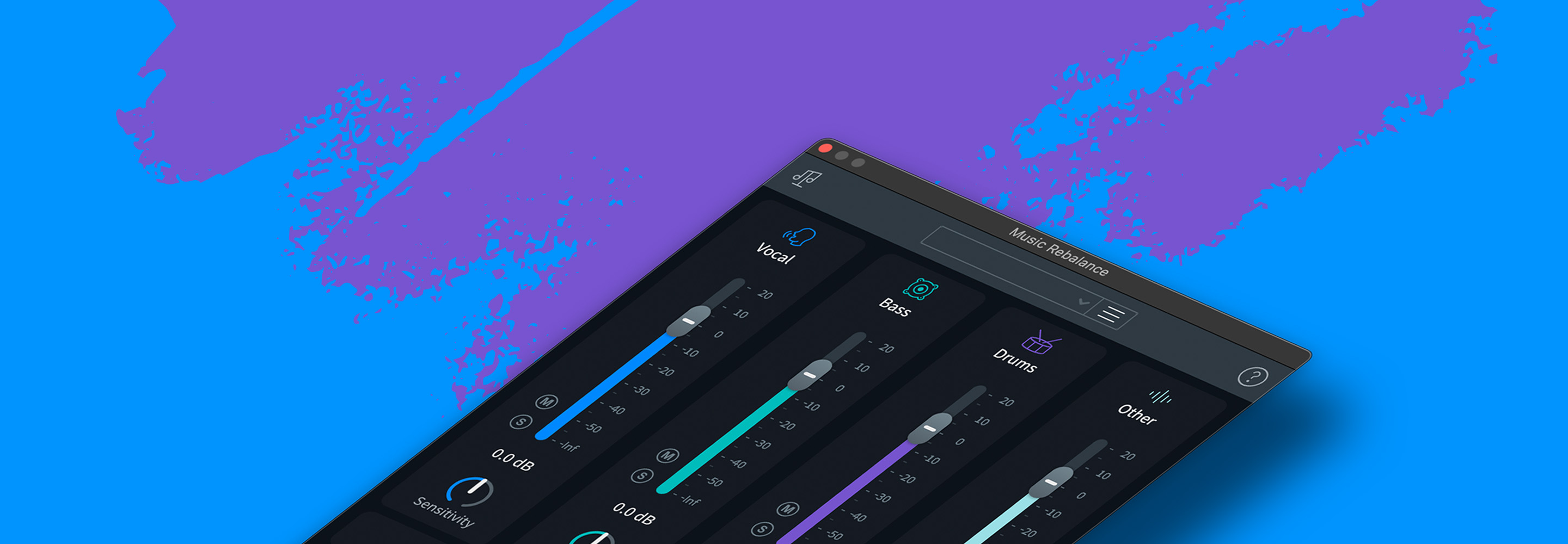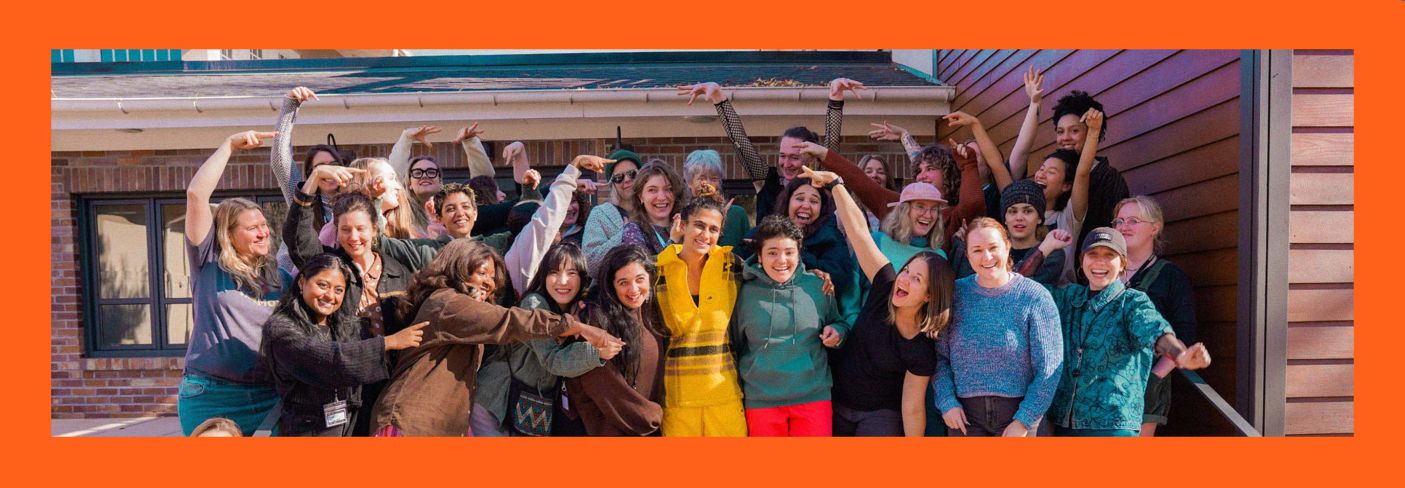
From a rough mix to radio-ready: We Make Noise and iZotope announce new mixing and mastering courses
Discover industry-standard mixing and mastering techniques with We Make Noise and iZotope's new course, plus learn more about advancing gender equality in music.
In celebration of mix and master month and International Women's month, we have partnered with We Make Noise to offer new mini mixing and mastering courses taught by Jett Galindo and Chrissy Tignor on the We Make Noise hub, an artist and creator platform where an online collective of women and gender-expansive producers, audio engineers and music creators gather.
These new courses guide students through the entire process of taking a track from demo to a polished, release-ready final master, all using the power of iZotope's Music Production Suite. The courses provide passionate creators of all ages with the proper tools, resources, and community to reach their sonic aspirations.
We Make Noise is an organization advancing global gender equity through music and technology. We sat down with Erin Barra-Jean, the founder of the organization, to learn more about the courses as well as what We Make Noise is all about.
If you’re interested in learning more about these courses, visit the We Make Noise hub and register at the link below.
Can you tell us more about We Make Noise and its mission? What specific needs or challenges are you addressing through your organization and your program offerings?
We Make Noise has been empowering communities through music and technology since 2013. Our mission is to advance global gender equity by blending music creation, technology training, and career development. On a local level, we partner with leaders to bring our programs – rooted in education, community building, and professional development – to their communities.
On a global scale, we tackle big initiatives like We Make Noise Sessions, Festivals, Labels, and our membership platform, the Hub. At the core of our work is a commitment to shifting the narrative in music tech – creating more opportunities for women and gender-expansive people while empowering individuals to reach their full potential and believe that anything is possible.
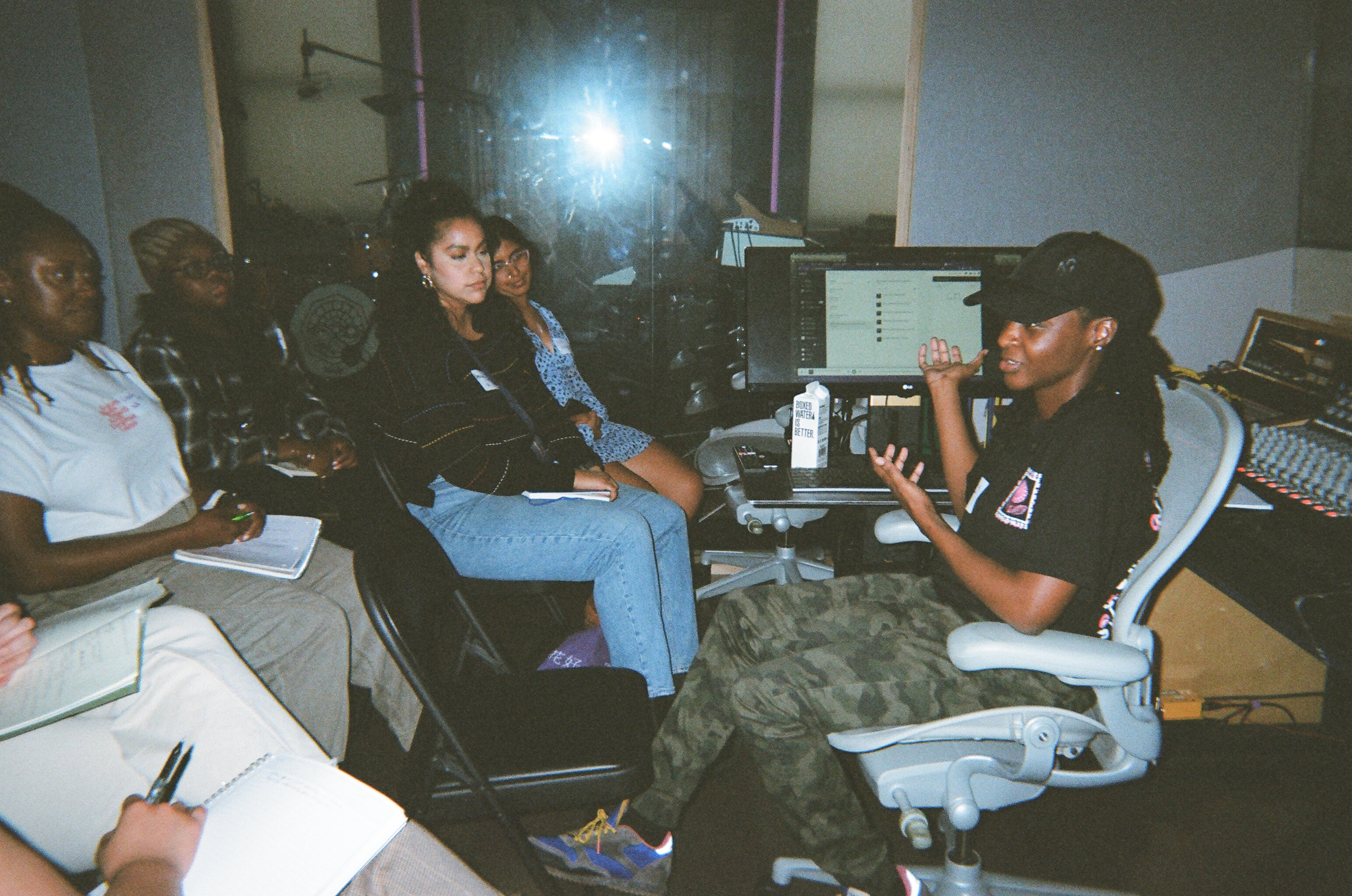
We Make Noise chapter in New York City
What are your goals for this mixing course? What do you hope students will achieve by the end of the program?
Mixing and mastering can feel overwhelming, especially for those who don’t present as male. Society has long pushed the idea that engineering roles aren’t for us – a narrative that’s tough to shake, even though it couldn’t be further from the truth. At We Make Noise, we’re breaking down those barriers by making these technical skills accessible, understandable, and welcoming.
A key part of this is having instructors who share our community’s identities and experiences, as well as creating a space where everyone feels comfortable learning and experimenting. One participant in a recent We Make Noise Session shared how freeing it was to not have to work so hard just to be seen as competent. That moment was a powerful reminder of why this work matters – because everyone deserves to feel like they belong in music and tech.
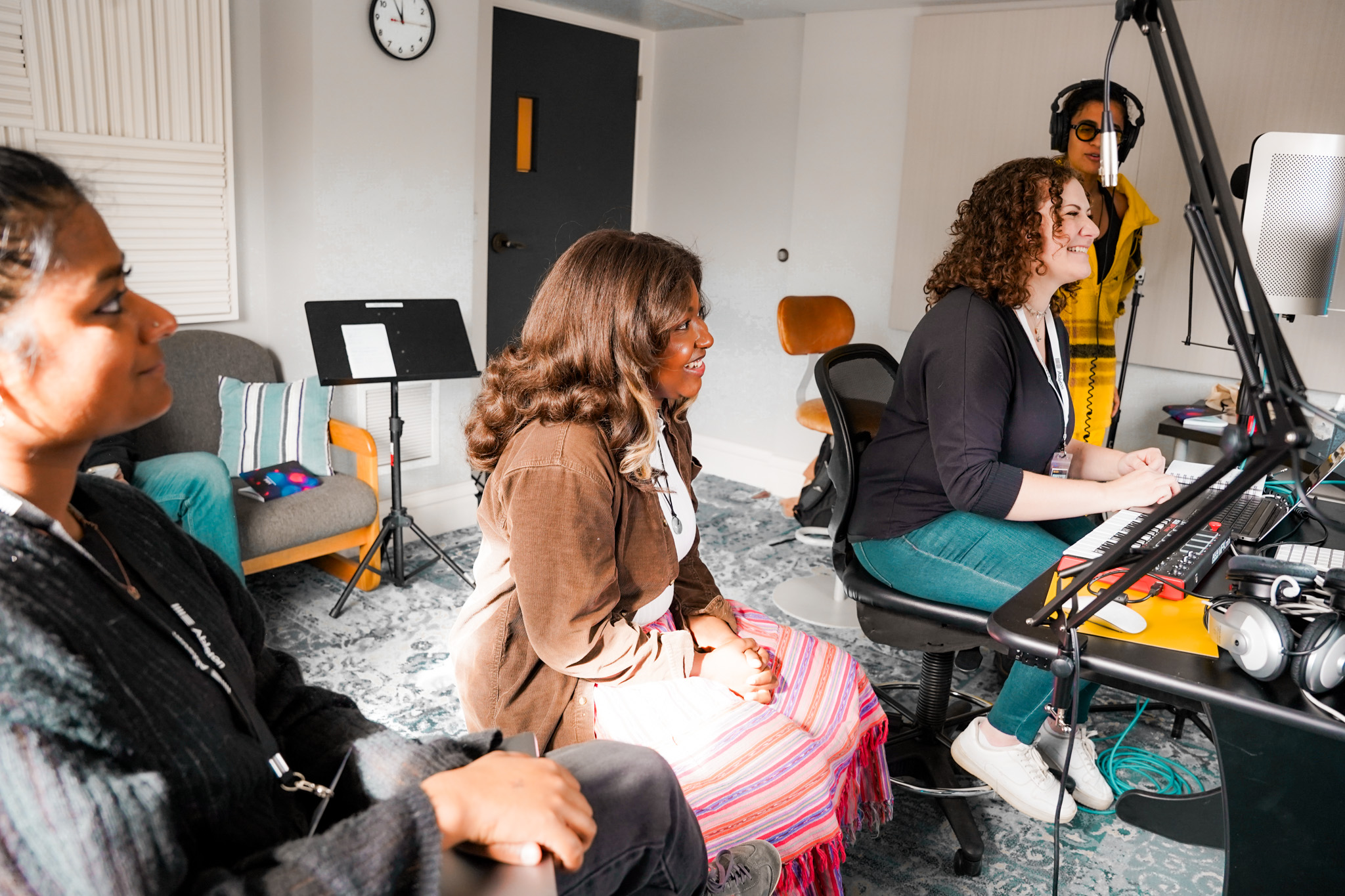
We Make Noise chapter in Colorado
How would you describe your teaching style? What makes your approach unique or effective?
For me, one of the most important parts of teaching special populations is using language that truly connects. When you understand where someone is coming from, it’s much easier to guide them from point A to point B.
Breaking things down the right way is a superpower – but too often, it’s overlooked when teaching technical skills. It’s not just about digital signal processing; it’s about using visual metaphors, simplifying concepts, and never assuming what someone does or doesn’t know. Effective teaching is about making learning feel possible, not intimidating.
What advice would you give to aspiring music producers and engineers who are just starting out?
Ear training is everything. Developing your ability to hear frequencies, dynamics, and timing is key to using audio tools effectively. The better you train your ears, the stronger you’ll be – not just as an engineer, but as a musician too.
And trust your ears! If you like how something sounds, it’s good. Too many people second-guess themselves, unsure if they’re "right." But you are the judge of what sounds good. Stop doubting – listen, trust, and let your ears guide you.
How has your team’s experience as audio engineers influenced your approach to educating people on how to mix and master music?
It’s not just about how we teach – it’s about how our experience as non-men in a male-dominated industry shaped the way we had to learn audio engineering in the first place. That perspective deeply influences how we approach teaching.
We’ve been in the sessions, on the projects, and we know what it’s like to navigate this space. Jett and Chrissy, in particular, have taught at the highest levels and worked at the top tiers of the industry. But what truly sets them apart is that they understand the journey firsthand – and that changes everything about how they connect with and support their students.
Meet the course instructors
Chrissy Tignor
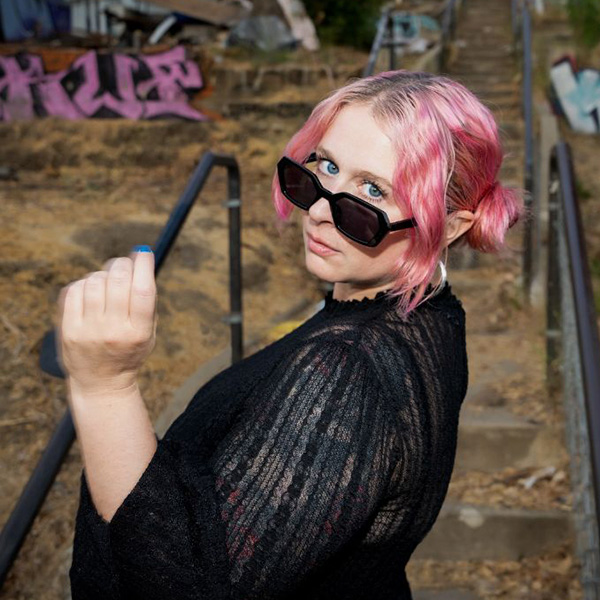
Chrissy Tignor
Chrissy Tignor is a seasoned music educator (Berklee, Cal Arts), audio engineer, and producer with global experience. She is also the author of five courses with Berklee online and two Coursera courses. Tignor is the former director of education at Splice, founder of Audio Upcycle, mentoring aspiring producers in the Dominican Republic.
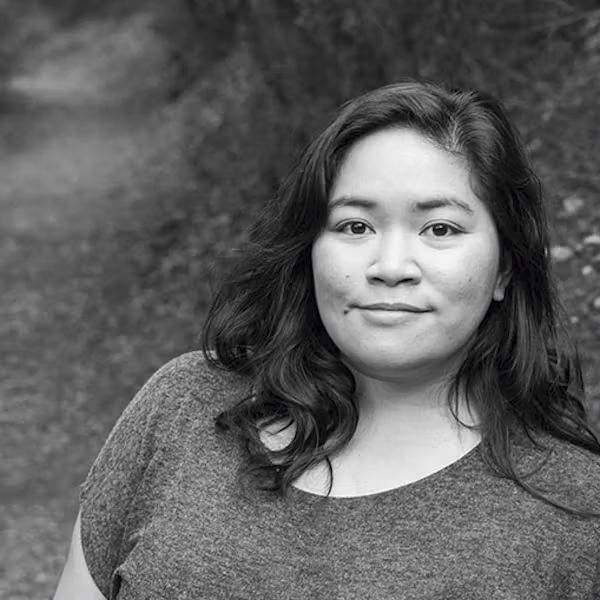
Jett Galindo
Jett Galindo is a GRAMMY-winning mastering engineer with a portfolio including artists like Billie Eilish, Elvis Costello, and Pinar Toprak. She is the governor on the Recording Academy’s LA chapter board and member of the Producers and Engineers Wing Advisory Council.
Jett is also a board member of Women in Vinyl and active with Soundgirls, supporting women and lgbtq+ professionals in audio.She is also a Berklee professor with significant teaching experience.
Start mixing and mastering your music with ease
We hope you’ve enjoyed learning more about We Make Noise and their commitment to gender equity in music and music tech.
These new mixing and mastering courses will set you up for success in your next session. If you’re interested in learning more, visit the We Make Noise hub from March 8-26.
